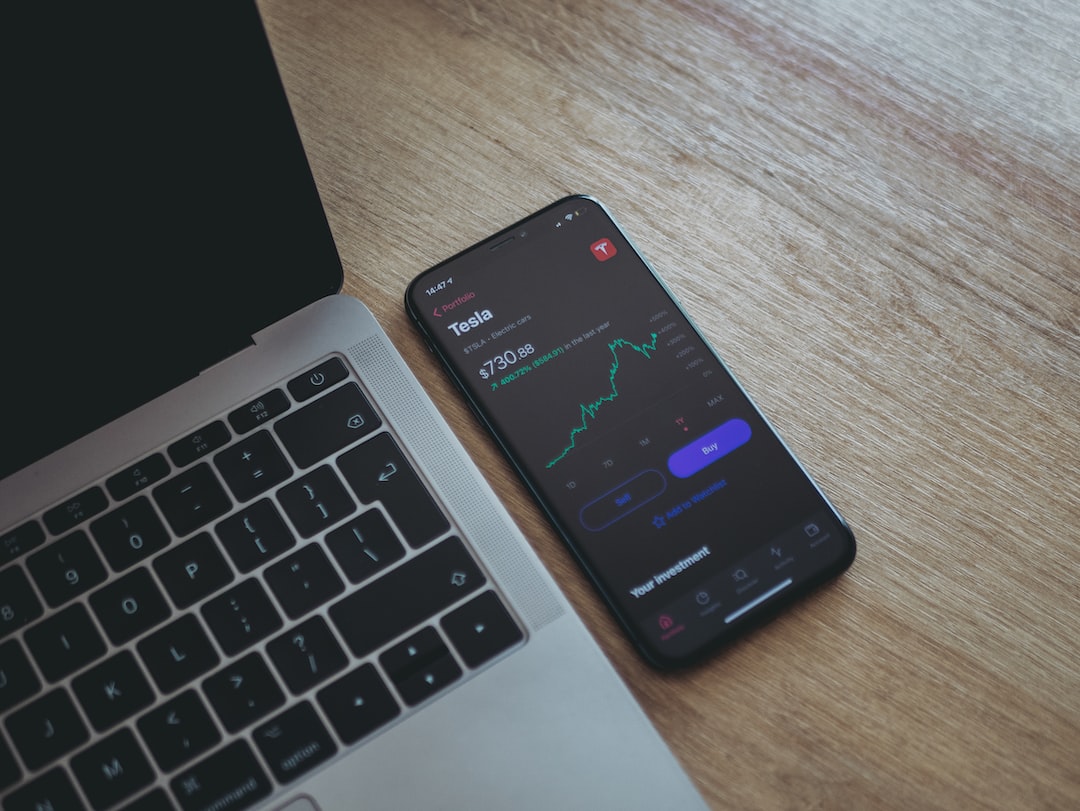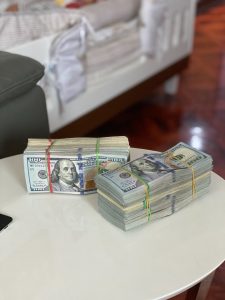Forex, or foreign exchange, is the trading of currencies between different countries. This market is the largest financial market in the world, with an estimated daily turnover of over $5 trillion. It is a decentralized market, meaning there is no central exchange or trading floor. Instead, transactions take place electronically between banks, institutions, and individuals across the globe.
The forex market is often seen as a barometer of the global economy, as the exchange rates between currencies can indicate the relative strength or weakness of different countries’ economies. For example, if the value of the US dollar increases relative to the euro, it could indicate a stronger US economy compared to the European economy.
Given the size and importance of the forex market, it is natural to wonder what percentage of the world’s wealth is tied to forex. Unfortunately, it is difficult to provide a straightforward answer to this question, as there are many different ways to measure global wealth and the impact of forex on it. However, there are a few key points to consider when trying to understand the relationship between forex and global wealth.
First, it is important to note that the forex market is just one part of the global financial system. There are many other asset classes and financial instruments that contribute to the overall wealth of individuals, institutions, and countries. For example, the stock market, real estate, and commodities markets all play a significant role in determining global wealth.
Second, the impact of forex on global wealth can be difficult to measure, as it is often intertwined with many other factors. For example, changes in exchange rates can impact the prices of imported and exported goods, which can in turn affect the economies of different countries. The impact of forex on global wealth is therefore difficult to isolate from other economic factors.
Despite these challenges, there are some estimates available that can provide insight into the relationship between forex and global wealth. According to a report by the Bank for International Settlements, the total value of outstanding foreign exchange derivatives contracts was $11.4 trillion in 2019. These derivatives contracts are a way for market participants to hedge against currency risk, and they represent a significant portion of the overall forex market.
Another way to estimate the impact of forex on global wealth is to look at the foreign exchange reserves held by different countries. Foreign exchange reserves are assets held by central banks and other government institutions that are denominated in foreign currencies. These reserves are used to support the value of a country’s currency and provide liquidity in times of financial stress. As of August 2021, the total value of global foreign exchange reserves was approximately $12.3 trillion.
While these estimates provide some insight into the relationship between forex and global wealth, it is important to remember that they are just one piece of the puzzle. The global financial system is complex and interconnected, and there are many different factors that contribute to the overall wealth of individuals, institutions, and countries.
In conclusion, the exact percentage of world wealth tied to forex is difficult to quantify. The forex market is just one part of the global financial system, and its impact on global wealth is intertwined with many other factors. While estimates of the size of the forex market and the value of foreign exchange reserves provide some insight into this relationship, they should be viewed as just one piece of a much larger puzzle.





